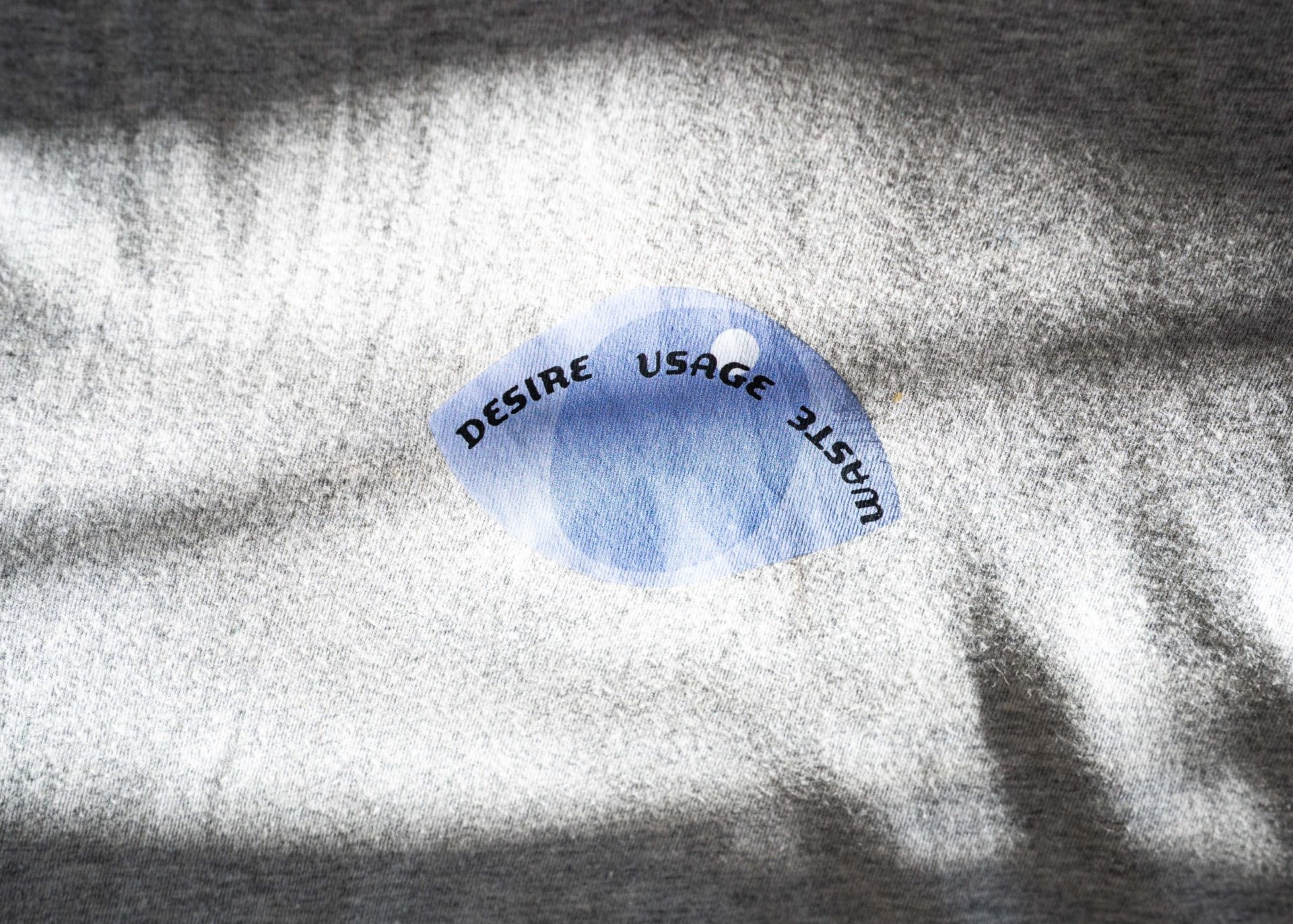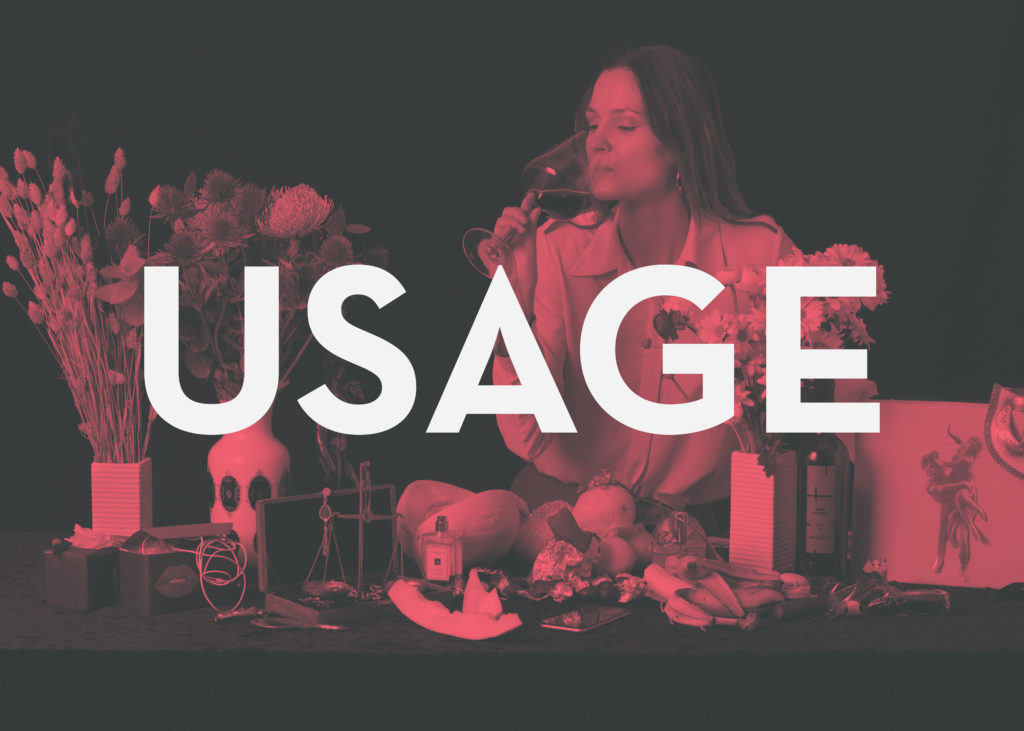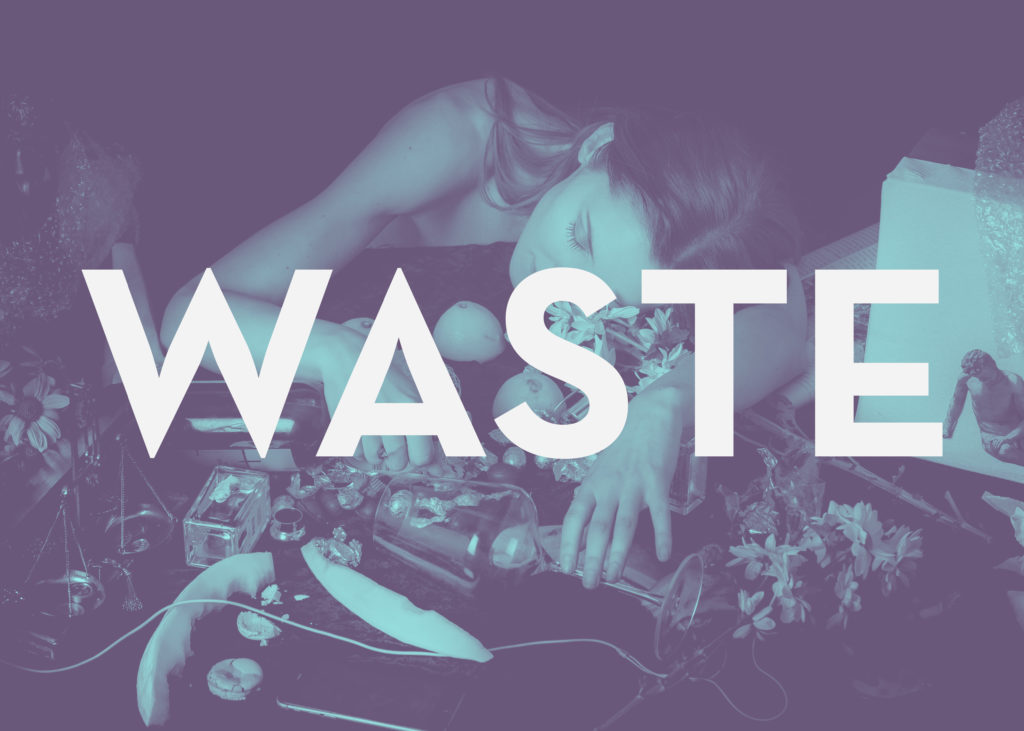A few words about
Desire
“Man is the creature who does not know what to desire, and he turns to others in order to make up his mind. We desire what others desire because we imitate their desires.“
- René Girard
philosopher of social science, historian, literary critic
Our shop
Philosophy
DUW’s philosophy is to offer and sell products which we carefully select and which refelct our values for sustainability , transparency and specialness.
Unique items which come with unique dreams behind.
Our mission is to promote products which go beyond the classical life cycle of a product. Fr example, we promote products made of recycled materials, which can be recycled all over again, for new materials which are designed out of nature.

What is Desire?
When did desire came along?
Desire exists since human beings exist, but it was only through language that we could define the feeling of desire.
The first time when the term desire was first used was in the 13th century,
The name desire comes from the Latin ‘desiderare’, which means “wish, desire, long for”. The original sense might have been “await what the stars will bring.
What makes desire so human?
text in progress…
Are our desires socially constructed?
From the theory of the philosopher French philosopher of social science René Girard, yes!
His mimetic theory says desires don’t take root in our own, inner self, but are the outcome of mimetic behavior- the mimicking of other humans – role models – who endow objects with value. Here’s one example: if you are looking to pick a flower, and suddenly your friend ( who you believe has a good taste) picks out a specific flower, that flower is no longer like the others for you.
The world of advertising and desire
Desire can be seen as the force that makes humans move, the fuel for our actions.
It is mostly directed towards a goal, for example an object or a person.
Every time we see ads, we see people desiring an object and showing us the positive outcome of what happens, when that desire is getting fulfilled. The world of advertising has roots in the mimetic desire theory.
Now, maybe we could assume that our desires get manipulated and we should try to work against it. I wouldn’t go that far. Instead, I think, it is healthy to ask ourselves more often the question “WHY do I desire xyz?” By getting to the root of answering yourself the question “why?”, we can get to the root of who might be the role model of our desires.
D.U.W’s philosophy is to break the cycle of creating endless, new desires. Instead, we encourage you to reflect and double check on yourself and your desires.

